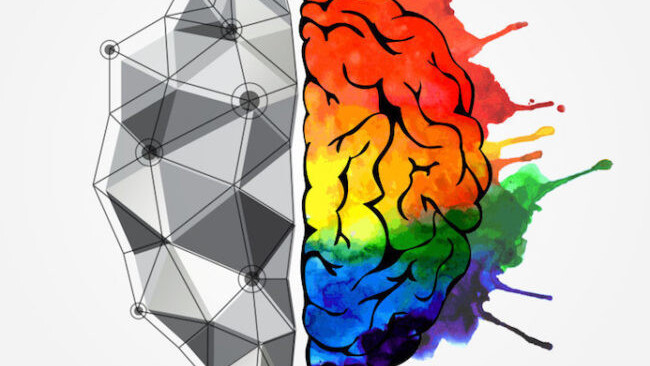
One of my most strongly-held beliefs about creativity, that’s gone on to drastically shape both how I use creativity in my own life and how I explain it to others, comes from Maya Angelou. As she put it, “You can’t use up creativity. The more you use, the more you have.”
This concept of creativity being a resource that grows with each use and diminishes in strength when left tucked away in silence, runs counterintuitive to how we view most finite business resources like time and money.
One of the most common themes that continued to surface in 30 Days of Genius, an interview series I worked with on CreativeLive, was that some of the world’s most successful entrepreneurs like Tim Ferriss, Gary Vaynerchuk, and Seth Godin, treat creativity as sacred. They often view creativity as their strongest competitive advantage, and taking the time to actively nurture the creative process, gets priority in their daily routines.
Whether you’re working to grow within your career, launch a startup on a lean budget, or start freelancing, learning how to tap into your creativity and create your best work is essential to your success. Here’s Tim Ferriss, Gary Vaynerchuk, and Seth Godin on the role of creativity in business.
Tim Ferriss: The kryptonite for creativity
This bestselling author of multiple books across several different genres knows a thing or two about pushing the limits on creatively launching new projects.
“What I’ve been focusing on personally in the last three to six months, is seeking out and creating the absurd.” Ferriss begins. “I think that there’s so much absurdity in life, and that as adults, we’ve inculcated ourselves to be very serious. I think that is kryptonite for creativity.”
Ferriss continues, “I really think that taking life and yourself too seriously is like waterboarding your creativity. I’ve been trying to seek out absurdity, which I think quite frankly in many cases, is a synonym for creativity.”
As a creative myself, this is something I strongly agree with. Regularly setting aside time to allow myself to write and create without the fear of failure or possibility of punishment when I don’t return a very specific end result, has been crucial to my creative process. It’s often during these times of unrestriction creation, when my best work comes to life.
Gary Vaynerchuk: Scaling the unscalable is where all the action is
When it comes to building online communities, Vaynerchuk has made a name for himself on the principle of respecting his audience and always making sure his business objectives sit backseat to the actual needs of his community members.
Vaynerchuk explains, “Scaling the unscalable is where all the action is. The one asset that everybody knows everybody has the same amount of, is time.
He goes on to talk about the incredibly positive impact you can have on individuals within audience, by taking unscalable actions like responding to tweets, liking comments, and replying with thank you videos on SnapChat.
As your audience grows over time, it’s clear that you’ll never be able to maintain this one-on-one engagement with everyone, but the simple act of finding significant ways to show your audience, customers, or prospects that you respect their time and care deeply about them, will have far-reaching effects that’ll serve you for years to come.
Seth Godin: How to be truly remarkable
For Godin, creativity is synonymous with doing (and creating) things that go far beyond the ordinary. He argues that when you can create something that’s truly remarkable, much of your marketing will be done on behalf of the people who love what you’ve built.
“It’s really easy to do that thing that people notice. That’s not remarkable, the way I use the phrase.” Godin begins.
However, Godin explains that there’s a stark difference between doing something that simply gets noticed, and doing something that’s truly remarkable. When you do something remarkable, people begin telling others, and the word about what you’re doing spreads in a very genuine manner.
When it comes to strategically curating what you want your audience to say after seeing or hearing your message, that takes much more thoughtful work.
“If we want them to say, ‘you need to see this, it will transform you,’ or if we want them to say, ‘can you believe how generous that act was,’ if we want them to say, ‘this is the new fresh thing,’ then go build that.” Godin explains.
If you want to be truly remarkable, you need to create something that’s worth talking about. Even more, you need to very thoughtfully create your work in a way that inspires others to share about it, in a way that helps you grow.
To hear more from Ferriss, Vaynerchuk and Godin, watch their hour-long interviews over on 30 Days of Genius on CreativeLive.
Get the TNW newsletter
Get the most important tech news in your inbox each week.





